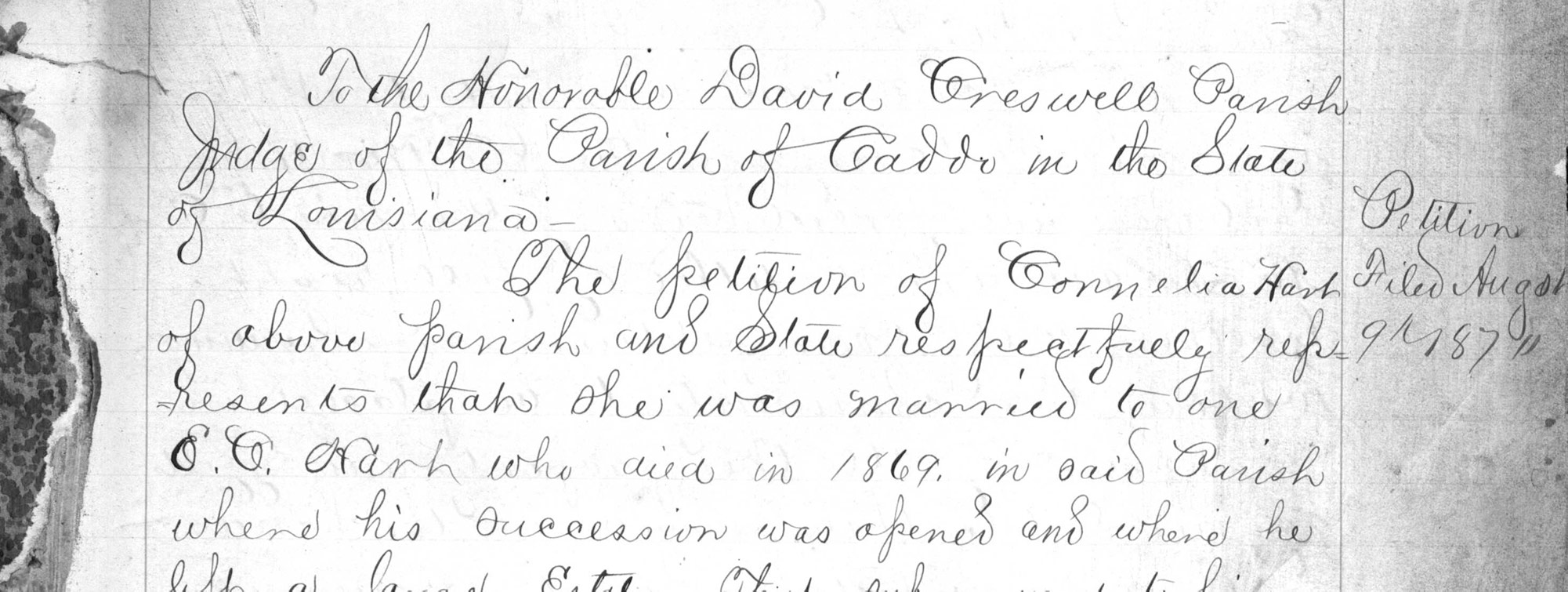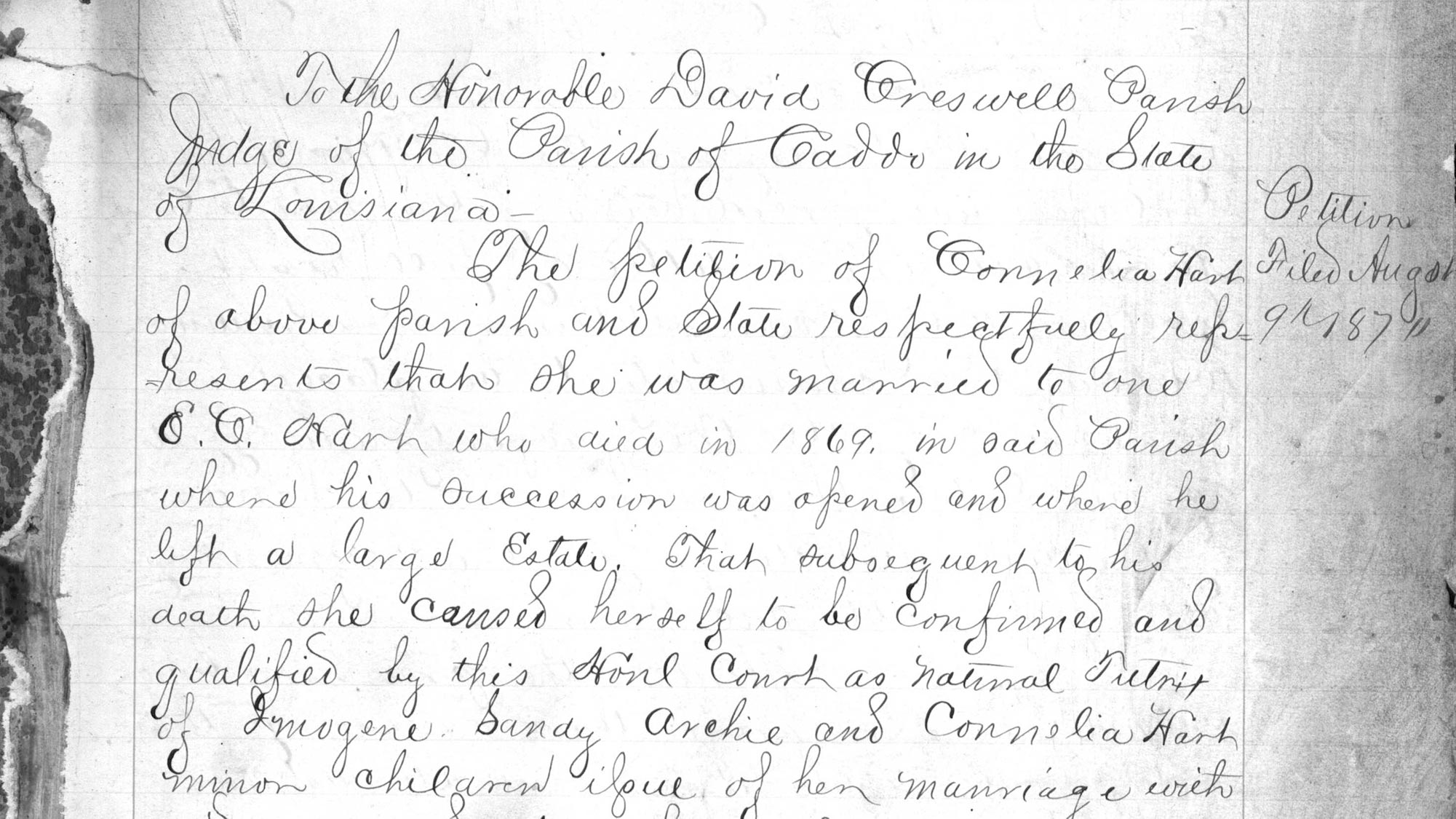Reconstructing the Law: Slavery in Post-Emancipation Southern Courtrooms, 1865-1877
Giuliana Perrone
History
UC Santa Barbara
This book project tells the story of “legal Reconstruction.” Legal Reconstruction was the process by which American judges and litigants – both black and white – litigated the meaning and implications of black freedom. Using a database of nearly 700 post-emancipation slave cases, it explores the legal questions raised by emancipation, explains why they emerged, and argues that their resolutions were critical to the reconstruction of American society and law. How would the law treat former slaves? Who should bear the financial cost of emancipation? Perhaps most fundamental of all, how would litigation shape the meaning of citizenship in a nation without slavery? Slavery remained omnipresent in Southern courtrooms well after it had supposedly ended. Resolving these cases caused a jurisprudential crisis in which judges disagreed over how to resolve unprecedented legal conflicts. The project engages directly with their varied approaches, and argues that former slaves continued to suffer lasting harms from their former bondage, and that state courts (and ultimately the United States Supreme Court) remained committed to established legal culture and jurisprudence. Combined, these trends prevented the fulfillment of abolition’s lofty promises.


